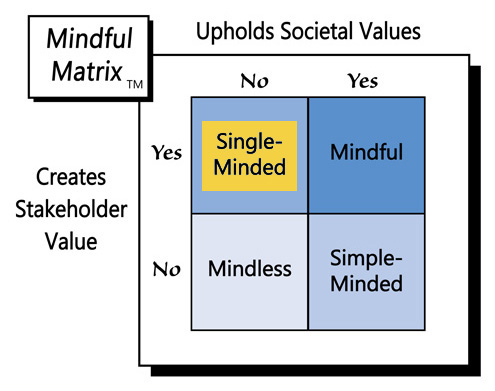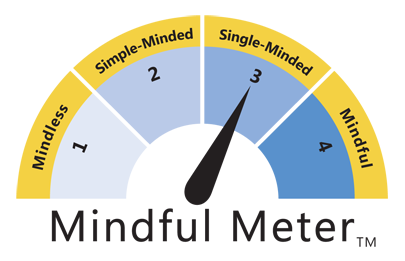If you regularly take a prescription drug, how much more would you be willing to pay for it? If the cost goes up by 5 percent, you barely flinch. If it increases by 10 percent, you’re disappointed, by 25 percent, you’re disturbed, by 50 percent, you’re dejected, and by 100 percent, you’re distraught. Still, you continue to purchase the medicine because you have no other choice.
But, what if the price rose by over 5,000 percent? You may be thinking that’s impossible, not to mention outrageous. Unfortunately, however, the scenario is all too real, thanks to the actions of a former hedge-fund manager who some are calling “the most hated man in America."
Martin Shkreli is CEO of Turing Pharmaceuticals, a company he founded in February 2015 that claims to be “dedicated to helping patients, who often have no effective treatment options, by developing and commercializing innovative treatments.”
Shkreli’s approach to “helping” has come under intense scrutiny, however, due to one specific business move. This past August Shkreli raised the price of one of Turing’s drugs, Daraprim, from $13.50 a pill to $750 a pill, an increase of 5,455 percent. Patients use Daraprim “to fight a common parasite that is found in more than 60 million Americans and can be deadly to pregnant women as well as both cancer and AIDS patients.” In short, Daraprim is a very important drug for people with dire medical conditions.
Some pharmaceutical companies have argued that their products’ high prices reflect the considerable cost of research and development. That rationale doesn’t work in the case of Daraprim, however, since Turing did not develop the drug; it simply bought the rights to market Daraprim from Impax Laboratories. Turing could get away with such an excessive price increase because although the patent for Daraprim expired in 1953, no other U.S. company is currently making the generic drug pyrimethamine.
If R & D costs had long-been recouped by the original manufacturer, why did Turing raise the price of Daraprim so drastically? “Shkreli initially defended the decision to hike the price of the drug, saying the profits could be reinvested into research to develop new treatments, but later reversed course.” Similarly, in the face of the social media firestorm that followed the price increase, Shkreli vowed to lower Daraprim’s price, but more than two weeks later there’s still been no reduction.
So, Shkreli’s promise of using profits from Daraprim to help individuals suffering from other maladies seems like nothing more than a pretense for the extreme price increase. Meanwhile, “a monthly course of Daraprim will now cost consumers $75,000. And even with insurance, patients would have to lay out an enormous co-pay to keep the Toxoplasma parasite from killing them.”
Shkreli’s “drug abuse” certainly is a case of unconscionable behavior. More specifically, it’s an example of consumer exploitation that’s often called price-gouging. As this post described at the onset, in most circumstances people have the ability to search for the products/prices that best meet their needs. Sometimes, however, this freedom is severely restricted, for example, because of a natural disaster. In such cases consumers are often at the mercy of a single supplier who, unrestrained by competitors, has the freedom charge people whatever they are able to pay. It’s like the car repair scene in National Lampoon’s Vacation: Clark Griswold asks the mechanic the cost for the emergency fix in the middle of nowhere and the mechanic, with large wrench in hand, threateningly replies “How much you got?”
Raising the price of Daraprim by over 5,000 percent to $750/pill should produce more than abundant profit for Shkreli and Turing Pharmaceuticals, provided that insurance companies absorb much of the excessive cost and that desperate patients mortgage their lives for the remainder. This stakeholder value, however, is largely asymmetrical, unless one puts a price tag on a life, as Shkreli has purposed to do. Either way, the depraved pricing strategy shows callous indifference to societal values of fairness and respect. As such, Shkreli has provided one of the clearest cases of “Single-Minded Marketing."
Learn more about the Mindful Matrix and Mindful Meter.
Check out Mindful Marketing Ads and Vote your Mind!




 RSS Feed
RSS Feed